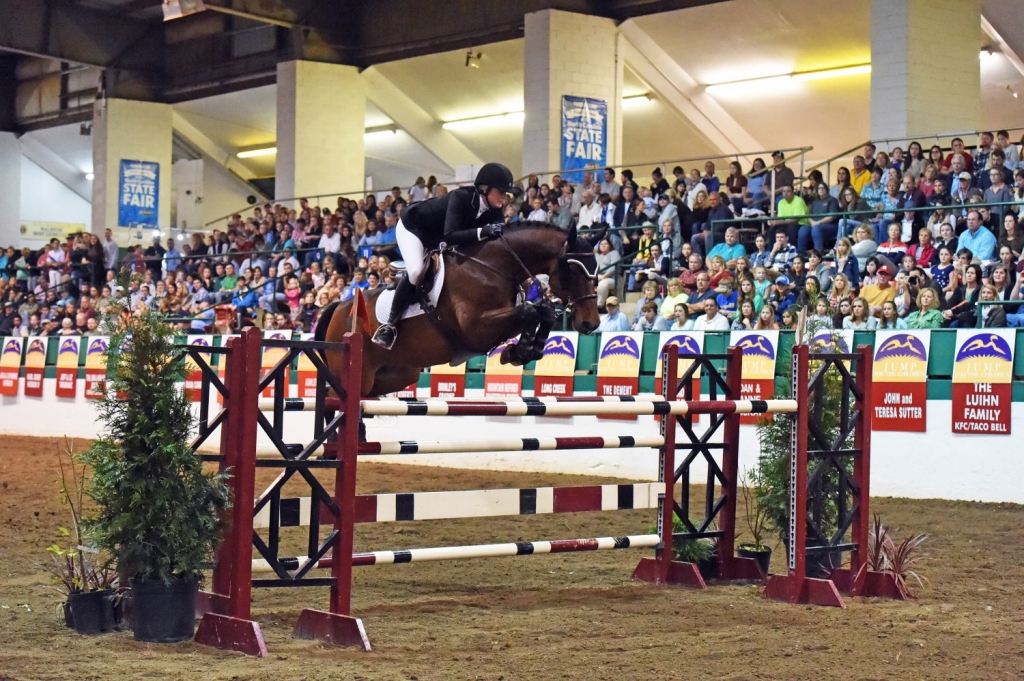


But certainly, kids fight in many ways and for different reasons. When we think of fighting, we think typically of two people getting angry at each other and coming to physical blows.

So we always want to focus on what the behavior was and then what the behavior should be. A child cannot feel his way to better behavior, but he can behave his way to better feelings. For children and adolescents, understanding their feelings better simply does not lead to a change in behavior. That’s not what I’ve learned from experience. They believe if your child knows why he did something, he’ll understand his feelings better-and if he understands his feelings, he won’t get aggressive. There are many professionals who think asking “why” is important. Give them some suggestions: “You can go to your room you can walk away you can come and tell me that you need some time alone.” If they’re old enough to process this, you can ask them, “What can you do differently next time to accomplish this without hitting your younger brother or getting into trouble?” Younger kids often can’t process this yet, so you walk through it with them. If we’re not careful, by the time kids are five or six, we’ve taught them how to make excuses and justify inappropriate behavior. The question “why” doesn’t lead to a change in behavior, but the question “What were you trying to accomplish” does lead to that change, because when a person tells you what they were trying to accomplish, there’s a window there where you can tell them how they can do it differently next time. Why Tommy did what he did is not as important as what he was trying to accomplish.ĭon’t Ask Your Child “Why”-Ask “What Were You Trying to Accomplish?” So a better question is “What were you trying to accomplish when you hit your brother?” because it gets to the facts of the action. When a parent says to a child, “Why did you hit your little brother, Tommy?” not only are they asking Tommy to make an excuse, but if he doesn’t, they’ll readily provide one: “Maybe you were angry.” The question “why” always indicates that we’re looking for an excuse or reason, when really what we want to learn is what he was trying to accomplish. Sometimes we unknowingly misdirect our kids’ coping skill development by teaching them how to make excuses and blame others.


 0 kommentar(er)
0 kommentar(er)
